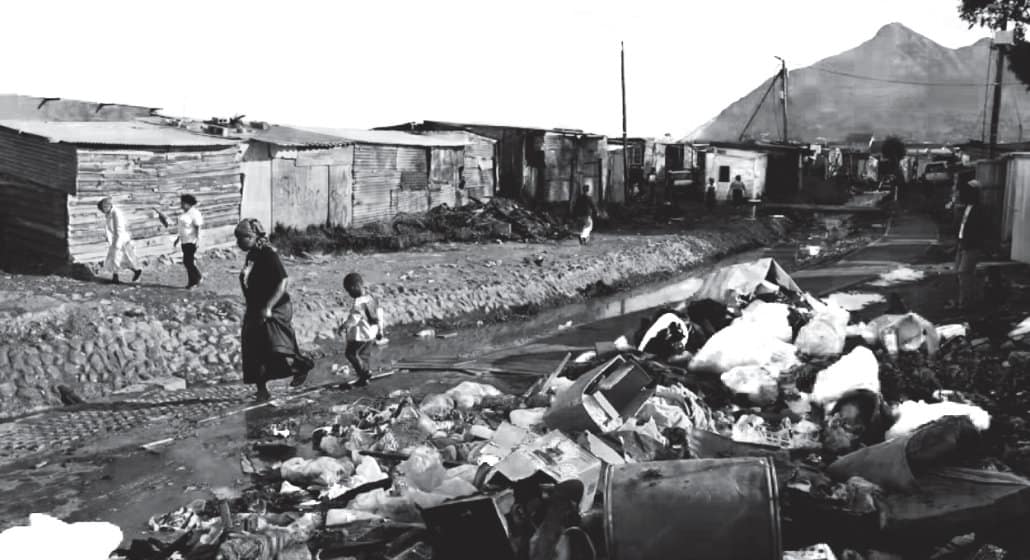Auditor-General Tsakani Maluleke addressed the Parliamentary Press Gallery Association last week on the ongoing challenge of compliance, material irregularities (MIs), and responsible financial management.
“For the PFMA (Public Finance Management Act) report,” she said, “we identified a total loss of R14-billion. As we speak, R1.29-billion had been recovered.”
This staggering loss is counted from 2019, when amendments to the Public Audit Act became effective and the Auditor-General of South Africa (AGSA) began implementing MIs, until 30 September 2023, the cut-off date for material irregularities to be included in the latest report. MIs are defined as “any non-compliance with, or contravention of, legislation, fraud, theft, or a breach of a fiduciary duty identified during an audit performed under the Public Audit Act that resulted in or is likely to result in a material financial loss, the misuse or loss of a material public resource, or substantial harm to a public sector institution or the general public”.
There were 266 MIs identified in the latest PFMA report.
Another R560-million had been prevented as a loss, and another R700-million was in the process of being recovered, Maluleke said, which all added up to “resource protection of R2.5-billion.”
Many departments, institutions, and municipalities are still battling with financial governance, after all these years of being audited and advised by the AGSA as to how they can improve. While it is important to recover losses and report irregularities to law enforcement agencies, Maluleke added, it is even more important to strengthen institutions and controls.
“By the time you try to close the gap between R2.5-billion and R14-billion, your ability to close that lap is very limited.”
The bulk of the R14-billion, therefore, will likely not be recovered.
Getting the basics right
Speaking to Bongani Bingwa that same day, Maluleke said it is very important to get the numbers to add up regularly, “because if you’re trying to catch up on numbers that you failed to account for over multiple years, the likelihood of them adding up a number of years later is very low.” The possibility of finding that money is even smaller, she added.
Furthermore, for far too many institutions, the ability to look after the basics – don’t overpay for goods received, don’t pay for goods not received, manage public money effectively – is still quite weak. “Admittedly, there are a number that have improved over time. Especially in the provincial and national governments, we’re seeing major improvement in terms of how they look after the moneys in their hands, although there’s still some way to go.”
In the local government sphere, the picture is not as encouraging, Maluleke said. “There are far too many municipalities that don’t have the institutional capability to do what they’re supposed to do.”
She gave the example of the Free State’s Matjhabeng municipality, where audits revealed an overpayment of some R7-million to a contractor for work done on a stormwater drainage system. “We picked this up and raised it as a material irregularity, which means that, unlike before, they couldn’t ignore us this time, so we had to keep following up on whether or not they were getting the money back.”
After a year or two with no progress, the AGSA referred the matter to the Hawks, and has now taken remedial action to compel them to get the money back. The Hawks made three arrests in 2023, including the contractor, a senior municipal official, and a consultant – but Maluleke says it’s unlikely that the full R7-million will ever be recovered.
“It’s due to the failure of the people who are tasked with managing that purse. It’s about those basics.”
Therefore it is crucial to make sure that suitable people are hired to run state entities, said Maluleke – people who are capable and ethical, and who, when something goes wrong, will take ownership of the problem and deal with it swiftly.
“We’ve also got to make sure that the people that supervise them act much more quickly. By the time the AG steps in – and we do our very best – by then time has moved on, and so the likelihood of getting money back is quite low.”
Malukeke said it was urgent that local government is professionalised along with other areas of the state that are getting that treatment, so that, for instance, there are no more municipal managers who cannot read a financial statement.
“That phenomenon is still present,” she said. “It’s critical that we worry about the competence of municipal managers, CFOs, etc, just as much as we worry about the competence of councillors and political leadership in municipalities. If we don’t worry about the type of people that are executing on those duties, we’re going to continue to misfire in terms of how local government runs.”

